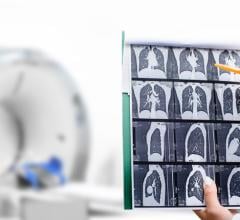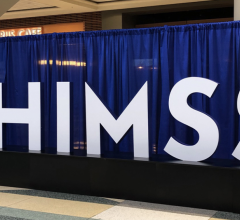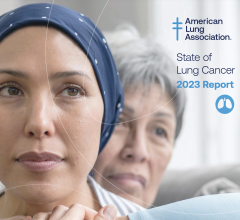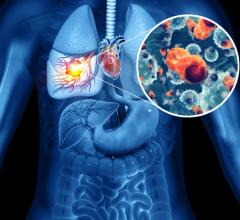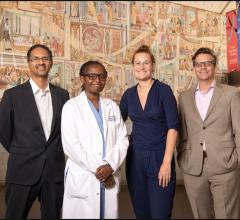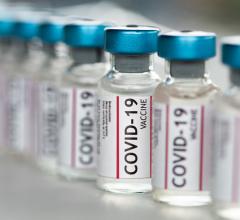
Image by PublicDomainPictures from Pixabay
December 11, 2019 — The “surprise billing” plan unveiled recently by Senator Lamar Alexander (R-TN), Representatives Frank Pallone (D-NJ), and Greg Walden (R-OR), must be improved to gain American College of Radiology (ACR) support.
Narrow insurance networks are the cause of surprise medical bills. Patients should only be responsible for in-network cost-sharing when they unknowingly receive out-of-network care at in-network facilities. New legislation to protect patients from surprise medical bills must also guard against unintended impacts on access to care.
Government Rate Setting
The recently announced plan includes government rate setting that would allow insurers to shift more costs to patients via higher deductibles and other cost-sharing. These government price controls would set arbitrary and artificial price points that benefit insurers while restricting the number of providers who can afford to offer such services. There is also no assurance in the legislation that any “savings” to insurers gained from the bill would be passed on to patients — only insurers benefit from this provision.
Independent Dispute Resolution
The plan also does not include an adequate independent dispute resolution (IDR) provision. The proposed threshold of $750 below which dispute resolution would not occur excludes many of the most common medical services and procedures. This would force medical providers to accept a median in-network payment that would likely be driven progressively lower by insurers to the point that many providers might not be able to continue to provide such services in their communities.
“The American College of Radiology (ACR) agrees that the patient should be protected from ‘surprise medical bills’ resulting from inadequate coverage networks. That is not at question. However, placing unfettered power in these occurrences in the hands of insurers would impact access to care that neither patients, providers or the government will be happy with,” said William T. Thorwarth, M.D., FACR, chief executive officer of the American College of Radiology.
For more information: www.acr.org
Related content:
Congressional Leaders Support Concerns About Proposed Medicare Alternative Payment Model
ACR Urges Congress to Suspend Budget Neutrality for E/M Changes in CY 2020 MPFS Proposed Rule


 June 27, 2024
June 27, 2024 
